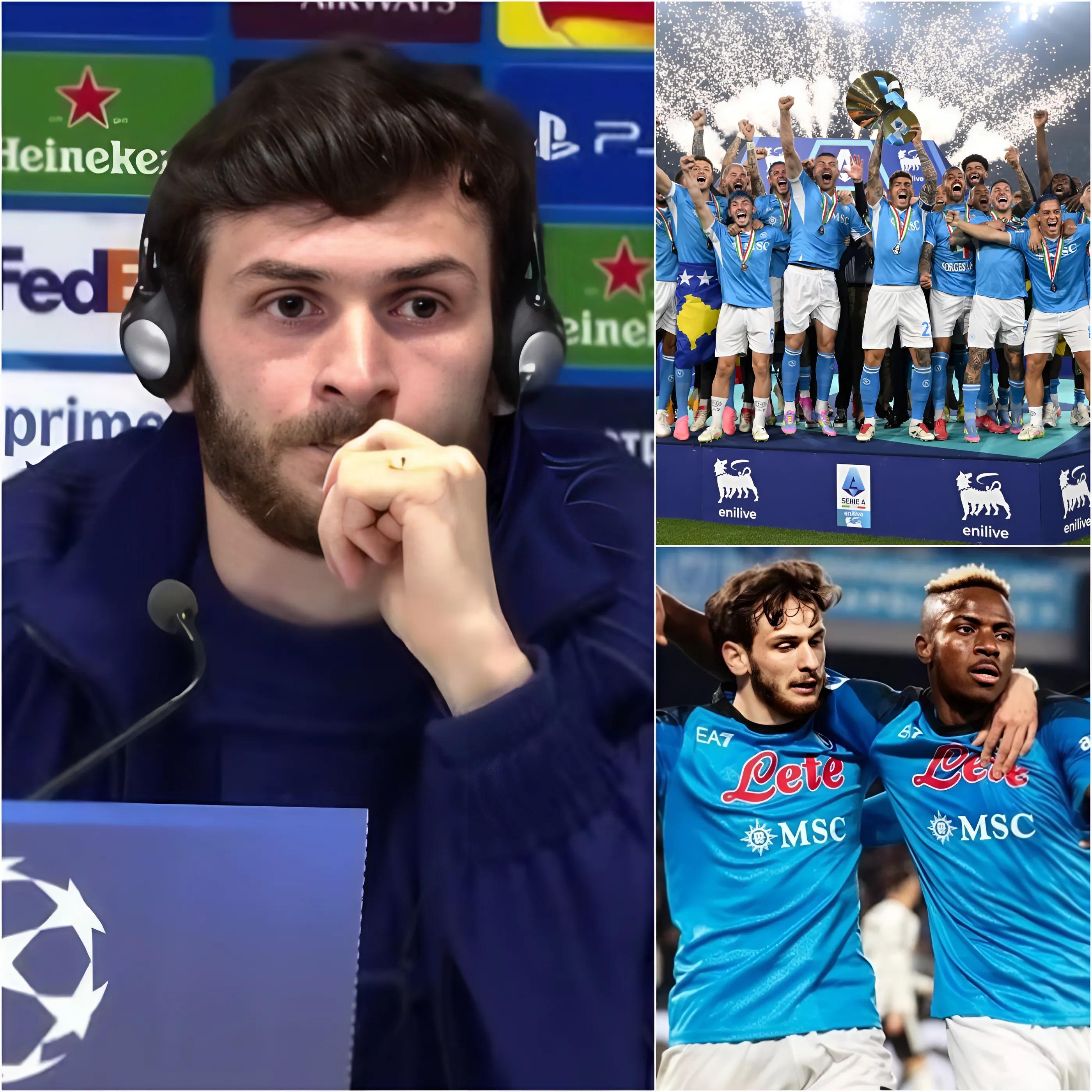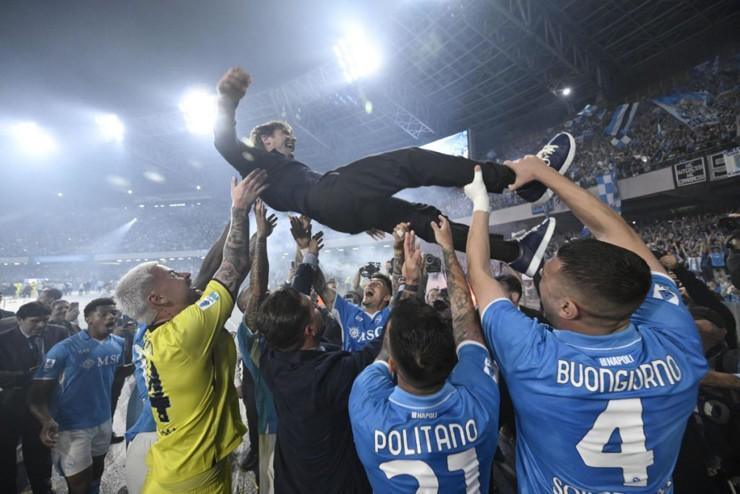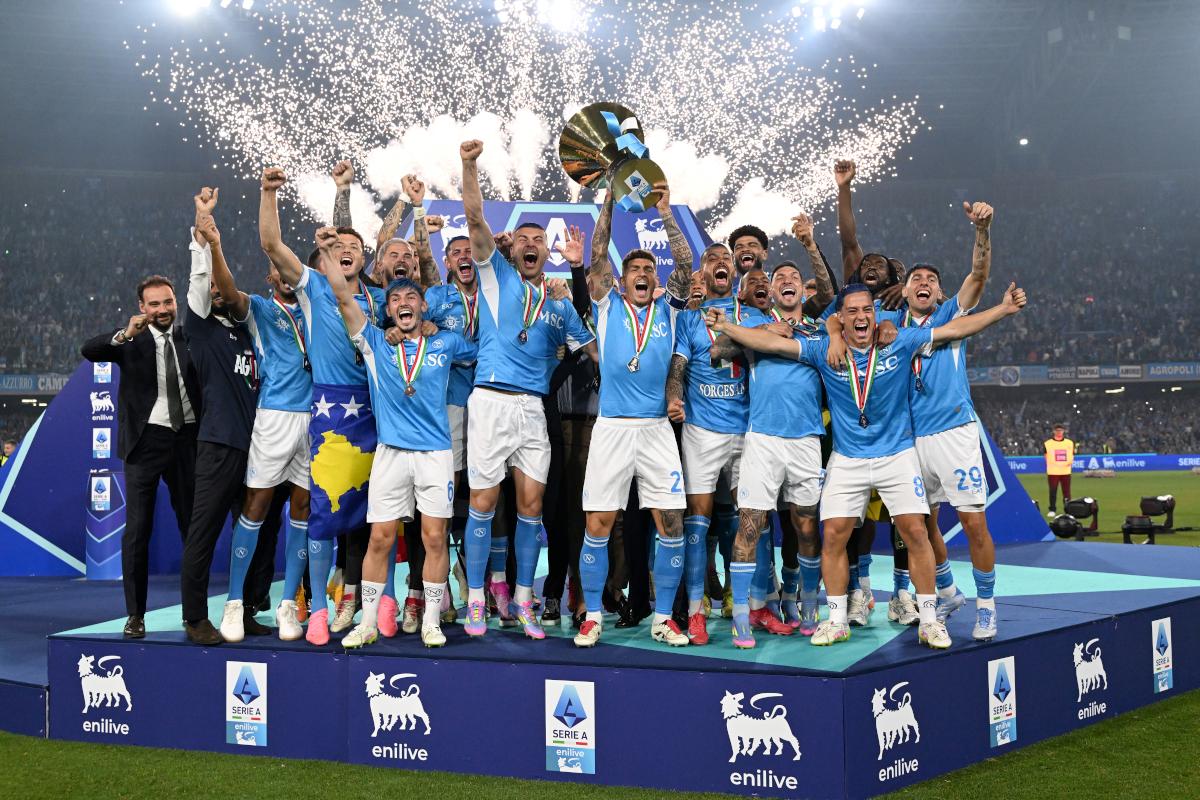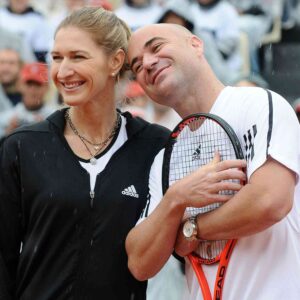The Italian football world was recently rocked by a surprising decision by Napoli regarding one of its star players. After winning the Serie A championship in 2025, Napoli made the controversial decision to remove Kvaratskhelia from the list of players eligible to receive awards and medals. This unexpected move caused a real shock among fans, pundits, and sports media across Europe.

Kvaratskhelia, who is also a key player for Paris Saint-Germain, is known for his exceptional technical skills, speed, and influence on the pitch. His exclusion from the honored players’ group after such a successful season has raised many questions and concerns. Several speculations quickly emerged as to the reasons that led the Neapolitan management to take this drastic decision.

Shortly after the club’s official announcement, the player reacted publicly. In an emotional and frank statement, he denounced what he considered a blatant injustice. According to him, this exclusion was not based on sporting criteria, but rather on internal disputes and tensions between him and the club’s management. He also highlighted certain organizational problems and personal conflicts that may have influenced this decision.

This statement immediately sparked a furore on social media and discussion forums, where fans expressed their support for the player. Many criticized the club’s decision, calling it punitive and unfair, especially after a season in which Kvaratskhelia contributed significantly to the team’s success. Others called for swift mediation to resolve this conflict, which threatens to tarnish the club’s image and disrupt the team’s atmosphere.
Napoli’s management has remained relatively silent, limiting itself to vague official statements alluding to “internal reasons” without going into detail. This secrecy has only fueled further curiosity and speculation. Some observers suggest that contractual tensions or disputes over the player’s future could be at the root of this controversy.
Furthermore, this case raises broader questions about talent management and player-club relationships in modern football. How can a club value and retain its key players while managing internal conflicts? Where is the line between team discipline and respect for individual players’ rights?
For Kvaratskhelia, this difficult situation could have repercussions on his career, but also on his reputation. His frankness and courage in speaking out publicly could earn him the sympathy of other clubs and fans, but also attract criticism from some management or teammates. It is clear that the coming days will be decisive for the player and for Napoli.
In conclusion, this controversy surrounding Kvaratskhelia highlights the complex challenges faced by professional clubs in human and sporting management. It reminds us that behind on-field performance lie sometimes fragile human relationships, where communication and transparency are essential to maintaining a healthy and efficient environment. Fans, for their part, eagerly await a resolution that will allow football to remain a unifying sport, beyond conflicts and controversies.





